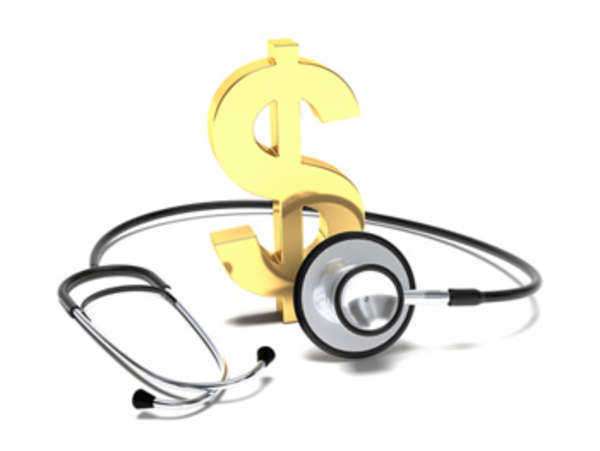How Medical Costs Can Lead to Bankruptcy
Wholesale analysis of causes of bankruptcy can often be difficult because individual circumstances may vary so greatly from person to person. Nonetheless, there are certain hallmarks of personal bankruptcy filing which make sense considering the expenses attached.
Especially with the economy reeling as it has been of late and people filing for bankruptcy in large amounts, researchers and analysts have put a considerable amount of energy into assessing the strongest roots of bankruptcy in this country.
Through their work, numerous recent reports have come back with the perhaps surprising result: bankruptcy due to medical costs and conditions, or "medical bankruptcy," is the top reason for Americans to file for bankruptcy in this day and age. Many would suggest people are filing for bankruptcy due to medical bills, and in fairness, they are right to a certain extent. However, to suggest that they are filing for bankruptcy due to medical bills alone is a gross oversimplification. Indeed, there are multiple factors at work behind the high rates of bankruptcy petitions.

As suggested, the breadth of medical bankruptcy is what really makes the gravity of this situation jump out at a person. According to one 2009 study published in the American Journal of Medicine, over 60% of applicant parties filed for bankruptcy due to medical bills. The accuracy and merits of this report are vociferously debated today, though. One of the biggest criticisms of the "medical bankruptcy" definition affected by this review is that it is too liberal with its inclusion of people who petitioned for bankruptcy due to medical bills in its sample population. Potentially, someone with $5,000 or more in debts due to a serious illness or injury is automatically assumed to be thrown into the medical bankruptcy category.
One of the fundamental guiding assumptions of clinical research is that correlation (i.e. association of two things) does not prove causation. Thus, while high costs of health care certainly do not help individuals' bids for solvency, they cannot be assumed to be the primary justification for declaring bankruptcy.
So, if we cannot so narrowly define "medical bankruptcy" as bankruptcy due to medical bills, to what confounding factors do we owe a potential complication of our conception of this bankruptcy cause? Certainly, the cost of health care in the United States today is a burden for many of its citizens. What may be more significant, though, is what is implied by these pricey medical debts based on severe medical conditions.
Aside from hospital fees and whatnot, devastating injuries and debilitating sickness prevent Americans from working regularly and maintaining a steady income. In somewhat of a worst-case scenario, the inability of a professional to perform on a day-to-day basis could cost that person his or her job and any health insurance benefits that come along with it.
Keeping with the theme of medical coverage, the aforementioned study and its supporters express a great deal of alarm at the number of people who incurred sizable medical debts and eventually filed for medical bankruptcy despite possessing valid health insurance.
In fact, over three-quarters of those who did declare bankruptcy within the study possessed some form of plan. If anyone should be able to avoid bankruptcy due to medical bills, it would predictably be those who have medical insurance; after all, that is the very point of having coverage.
As is often the case, and was such with many of the study's subjects, though, their insurance did not cover all issues and eventualities. With co-payments, deductibles and all else considered, subjects' debts were essentially unavoidable.